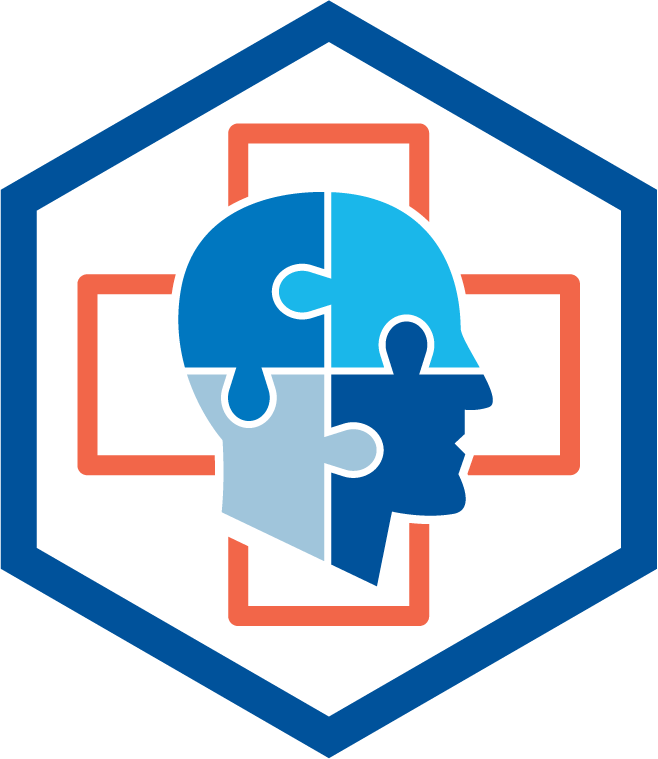Behavioral Health and Opioids
Improving Behavioral Health and Appropriate Opioid Use


Our Events
Behavioral health encompasses substance use and mental health concerns—components of individual and population health.
Nearly 20% of Americans, more than 46 million adults, are affected by a behavioral health disorder annually.
As your quality improvement organization, we want work together to identify and impact behavioral health outcomes.
To do this we will partner with medical and behavioral health providers through community coalitions and nursing centers.
Goals
- Decrease opioid related overdose deaths by 7% nationally
- Increase access to behavioral health services
- Reduce opioid related harm, and utilization where appropriate
- Reduce ER utilization
Latest News
IPRO QIN-QIO Presents: Opioid & Pain Management Best Practices, Strategies for Success
Complete the Opioid & Pain Management Self-Assessment
Webinar on September 23: Panel on Rural Opioid Programs
Webinar on Sept 15: Suicide Prevention Month – Insights and Strategies for Reducing Suicide among Older Adults
Clinical and Quality Improvement Offerings
Peer-Learning Opportunites
- Implementation training on trauma-informed care, assessing for adverse childhood experiences (ACEs), and identify effective interventions
- Starting or expanding a multidisciplinary Medications for Opioid Use Disorder (MOUD) program
- Increasing awareness of and treatment for behavioral health and substance use disorder in all care settings
Customized Technical Assistance
- Developing protocols for behavioral health screening and treatment referral
- Supporting optimization of your care for people with chronic pain and/or chronic health conditions
- Applying the principles and tools of quality improvement
Education, Tools, and Resources

Our clinical and quality improvement experts will share tools and resources on:
- Trauma-informed care across the community
- Screening tools for trauma, social determinants of health, depression, dementia, substance use disorders, and health equity
- Compassionate tapering, pain management, and MOUD
- Focused rapid-cycle improvement projects that support integration of behavioral health screening tools with improved patient health outcomes
